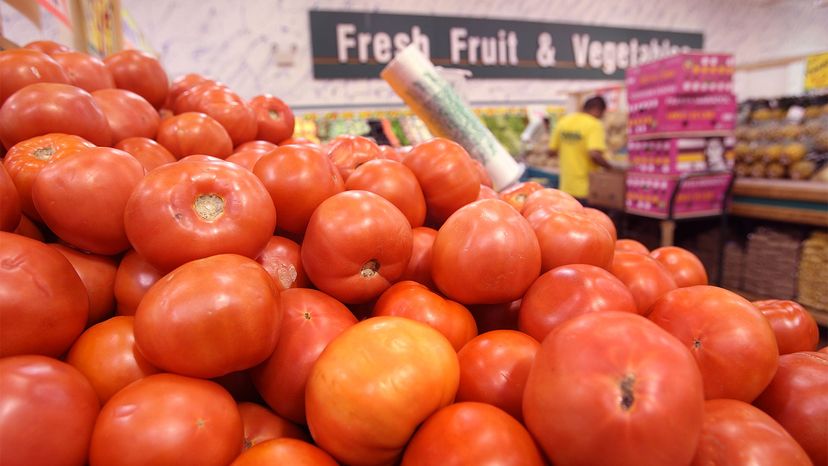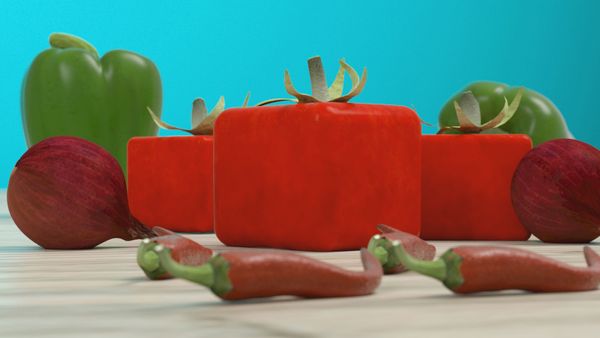The problem lies in the entire market chain.
"Farmers aren't paid on flavor," Klee points out. "They're paid on the pounds of tomatoes they put in a box. Growers will tell you they can't control flavor." What the market values motivates growers to prioritize fast growth, high yields, disease resistance and a long shelf life. Breeders have been developing tomatoes in response to those qualities that growers are looking for. Tomatoes don't have to taste good for any of that to happen.
"Flavor's been neglected for decades," Klee says. "Over time, neglect leads to deterioration. So the flavor loss isn't intentional on the growers' part, or anyone's part." Klee compares it to a symphony. If one instrument is missing, you probably wouldn't notice. If two or three instruments bow out, an experienced musician might notice. And if, one by one, instruments leave the orchestra, eventually you'll notice something's missing. And in the case of fruit like tomatoes — well, in Klee's words, "Flavor, over fifty years, has gone to hell."
The growers who do get paid on flavor focus on local sales to customers who live nearby and provide repeat business — both home cooks and restaurants. Those are the growers who can pick tomatoes once they've ripened on the vine, and they don't have to ship them far and risk damage.
Julie Dawson is a faculty member at the University of Wisconsin-Madison, and she does tomato variety trials including varieties from a number of different public and private sector breeders. Some varieties in the trials come from Seed Savers Exchange, an organization that's devoted to preserving America's diversity in food and garden plants by collecting, sharing and saving seeds — and by encouraging people to grow them. "We hope our trials help breeders develop varieties that have the flavor that make people want to buy and eat more," she says.
"There's a gene that makes the tomato ripen all at once, a uniform ripening gene, and having that also impacts sugar accumulation in the tomato," she says, as an example of how flavor gets bred out. But Dawson also points out that not only has flavor been bred out of modern grocery store tomatoes, handling is another part of the equation. "The bigger part of why they don't taste good is due to how people manage them, such as picking them green. A lot of the ripening on the plant creates sugars and volatile compounds that make the tomatoes taste good. They're easier to ship when they're underripe, but they will never develop all of those flavors." Ripening tomatoes commercially with ethylene gas is no substitute for the work nature does on the vine. "It just turns them red; you don't get all the volatiles and secondary compounds that make it smell like a tomato and taste good."

